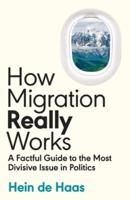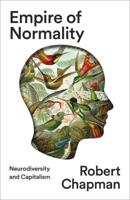Publisher's Synopsis
Cosmopolitanism has emerged as a key category in Islamic Studies, defining models of Muslim mobility, pluralism and tolerance that challenge popular perceptions of religious extremism. Such celebrations and valorisations of mobility and trans-regional consciousness, however, tend to conflate border-crossing with opportunity and social diversity with ethical progress. At the same time, they generally disregard the ways in which such forms of cosmopolitanism have been entwined with structures of domination, economic control and violence. This volume addresses these issues in ways that help to contextualize contemporary issues such as the global refugee crisis in relation to longer histories of Muslim mobility and coercion.










